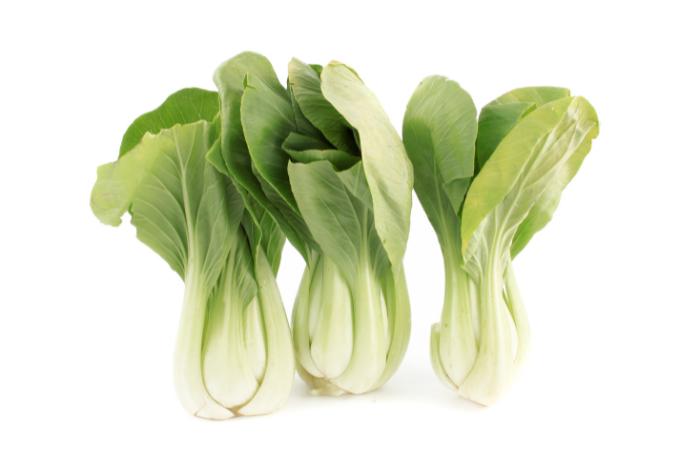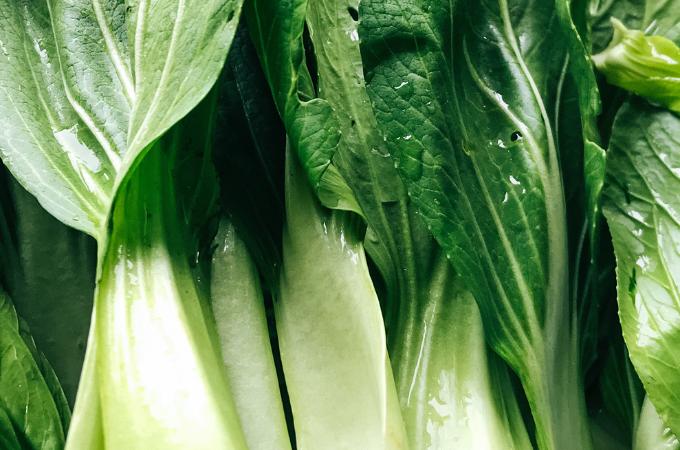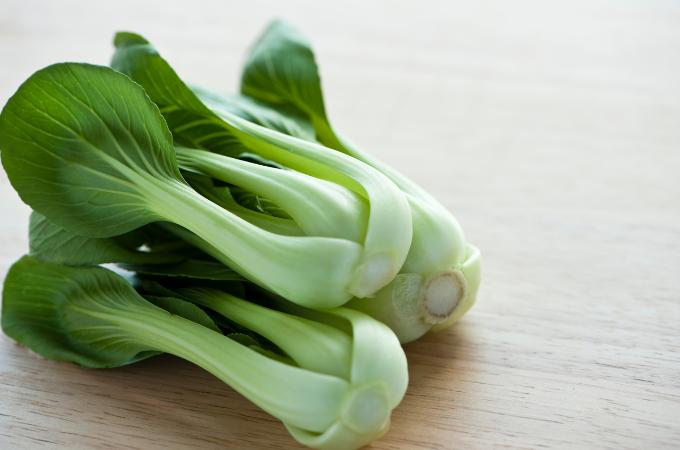
Bunnies (or rabbits) make popular pets and it’s essential to ensure they have a nutritious diet to stay healthy. One vegetable that many people often wonder about is bok choy: is it safe for bunnies to eat it? To find out the nutritional value of this veggie, its potential advantages and risks, as well as how best to incorporate it into your furry friend’s diet, let’s explore its nutritional value, potential benefits and risks.
What is Bok Choy?
Bok choy, also known as Chinese cabbage, is a leafy green vegetable belonging to the Brassica family. It’s an incredibly nutritious and versatile veggie commonly used in Asian cuisine such as stir-fries or soups. Plus, bok choy boasts plenty of vitamins and minerals which make it an excellent addition to any balanced diet.
Nutritional Value
Vitamins and Minerals
Bok choy is packed with essential vitamins and minerals like vitamin A, C, K, as well as several B vitamins such as folate. Plus it’s an excellent source of calcium, iron, magnesium, potassium, and phosphorus.
Fiber Content
Bok choy is not only rich in vitamins and minerals, but it is also an excellent source of dietary fiber. Fiber helps maintain a healthy digestive system and encourages regular bowel movements.
You might also like: Can Rabbits Have Raisins?
Bok Choy Safe for Bunnies?

Yes, bunnies can eat bok choy. But it’s essential to understand the potential advantages and potential risks associated with giving this nutritious vegetable to your furry friend in order to ensure their safety and wellbeing.
Benefits of Bok Choy for Bunnies
Bok choy offers several health advantages to bunnies due to its high nutrient content. Vitamins and minerals in bok choy support your bunny’s immune system, promote healthy vision, strengthen bones and teeth. Plus, its fiber content aids digestion and can prevent gastrointestinal issues.
Potential Risks and Side Effects
Although bok choy is generally safe for bunnies to eat, there are a few potential risks and side effects to be aware of.
Gas and Bloating
Some bunnies may experience gas and bloating after eating bok choy. This is because bok choy contains complex carbohydrates which may ferment in your bunny’s gut, producing gas.
Overconsumption
Overfeeding bok choy can lead to an imbalanced diet and potential health issues for your bunny. Bunnies require primarily hay in their diet, with small portions of fresh vegetables and limited pellets for energy needs. Feeding your rabbit too much bok choy could cause them to eat less hay – essential for digestive health and dental care – leading to potential issues.
How to Introduce Bok Choy to Your Bunny
If you decide to introduce bok choy into your bunny’s diet, follow these guidelines for a smooth transition and minimize any potential risks.
Washing and Preparing
Before feeding bok choy to your bunny, thoroughly wash it to remove any dirt, pesticides or harmful bacteria. Chopping the vegetable into smaller pieces makes it easier for your bunny to eat; however be sure to trim away any tough stems as these could pose a choking hazard.
Serving Size and Frequency
When adding bok choy to your bunny’s diet, begin with small servings and gradually increase the amount over time. Doing this helps ensure that their digestive system adjusts to the new food more easily and reduces the likelihood of gas or bloating from overeating.
Start Small
Begin by offering your bunny a small piece of bok choy, about the size of a thumbnail. Pay attention to their reaction and watch for any signs of digestive discomfort such as gas or diarrhea.
Monitor for Reactions
If your bunny seems to enjoy the bok choy without any issues, you can gradually increase their serving size and frequency. A healthy serving size for an adult bunny is about one to two leaves twice or thrice weekly. Always monitor any adverse reactions in order to adjust their diet accordingly.
You might also like: Can Rabbits Eat Green Onions?
Alternatives to Bok Choy

If your bunny doesn’t seem to enjoy bok choy or experiences digestive issues after consuming it, there are plenty of other leafy green vegetables that make excellent alternatives. Some suggestions include:
Romaine lettuce, Kale, Spinach (in moderation), Swiss Chard and Collard Greens.
Conclusion
Bunnies can safely consume bok choy when introduced properly and fed in moderation. Due to its high nutritional value, it offers several health benefits for bunnies; however, it’s essential that you monitor them for any adverse reactions and ensure they maintain a balanced diet with hay as their primary food source.
FAQs
Can bunnies eat bok choy?
Absolutely, bunnies will happily consume this vegetable when given proper introduction and fed in moderation.
What are the health benefits of bok choy for bunnies?
Bok choy is packed with essential vitamins, minerals and fiber which can boost your bunny’s immune system, promote healthy vision, strengthen bones and teeth, as well as aid digestion.
What are the potential risks and side effects of feeding bok choy to bunnies?
Some bunnies may experience gas or bloating after consuming bok choy. Excess consumption could also lead to an imbalanced diet and lead to health issues.
How much bok choy should I feed my bunny?
A healthy serving of bok choy for an adult rabbit is one to two leaves, two to three times per week.
What are some alternatives to bok choy for bunnies?
Other leafy green vegetables that can be safely fed to bunnies include romaine lettuce, kale, spinach (in moderation), Swiss chard and collard greens.










